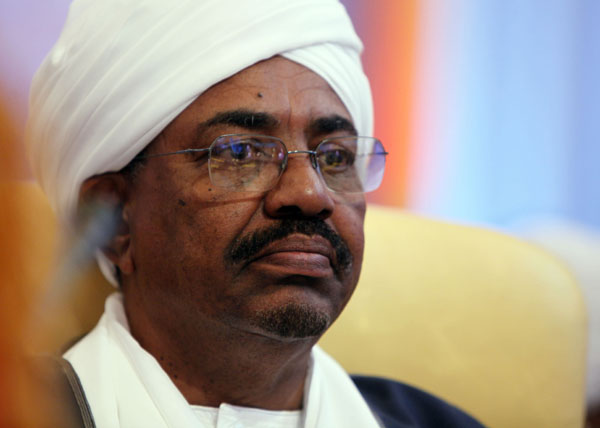
An international conference aimed to shore up investment in Sudan was “called off” this week after the United States and other countries suggested they would not attend the meeting, according to news outlets. The Norwegians—who conceived of the idea of an economic conference for Sudan in the first place—said on their embassy website on Tuesday that the conference will be “postponed to allow for more preparations and as broad and high level participation as possible.”
The two-day conference, slated to take place on March 23 in Turkey’s capital, has been in the works for a long time. This would be at least the second time that the conference has been postponed.
The cancellation of the conference comes as yet another blow for a Khartoum regime already facing a tightening noose around its economy. In late January, South Sudan shut down its oil operations in response to Khartoum’s confiscation of southern oil, indicating that it would pursue alternate means of transporting its oil. The Sudanese government had been counting on the oil fees that South Sudan would pay (for the use of pipelines and port on Sudanese territory) as a means of buoying its economy. The two parties remain in negotiations over the exact fee that South Sudan would pay to Sudan for the use of the oil infrastructure.
Even prior to the oil shutdown, Sudan lost a sizable chunk of its government revenues, as well as the vast majority of its export revenues with the secession of the South. The government has since experienced spiraling inflation and a weakening currency.
But any talk of providing economic assistance and investment to Sudan by European states and the U.S. remains politically unfeasible because of fighting between the Sudanese government and rebel groups in Blue Nile and South Kordofan. Indiscriminate bombing by the government has characterized the conflict, and refugees have also spoken of government soldiers and militias targeting civilians.
“The United States, Turkey, and Norway remain committed to the shared goal of ensuring two stable and economically prosperous states in Sudan and South Sudan,” said a U.S. State Department spokesperson on Tuesday. “We believe the Sudan Economic Conference can play an important role in pursuit of this goal. It is not clear, however, that a conference at this time can be effective given the ongoing conflicts in Sudan.”
According to the Sudan Tribune, the reaction in Khartoum to the postponement has been negative and critical of the U.S. in particular. The news website quoted one Sudanese official as saying: "We were hoping that the [US] administration would commit itself for once to its moral obligations.” Sudan Tribune also said the same official claimed that Washington was trying to stall development in Sudan.
The postponement of the conference will create added pressures for Khartoum to extract more economic support from the South at the negotiating table. At the same time, the decision gives Juba additional leverage over Khartoum, as one of the few international actors that can help ease Sudan’s economic woes.
Juba may well be exercising that leverage in its recent pledge for a “new spirit of cooperation” in the negotiations with Khartoum. As part of that commitment, the South’s lead negotiator, Pagan Amum, told reporters this week that South Sudan would work to “mobilize support from the international community” to help achieve “economic stability” in the Sudanese state. In particular, Juba would work to help Khartoum receive the economic assistance necessary, through debt relief and the removal of U.S. sanctions, to fill the financial gap resulting from the loss of southern oil revenues. All of these factors would lead to a healthier investment climate, Amum said.
Of course, significant assistance from any Western states or institutions (and certainly the removal of sanctions) would depend on an end to the conflicts in South Kordofan and Blue Nile—the very reason why the economic conference in Turkey could not take place. Given these realities, and South Sudan’s support to the rebel cause in the border conflicts, it seems unlikely that Khartoum will see these overtures from Juba as genuine.
Photo: President Omar al-Bashir (AP)

